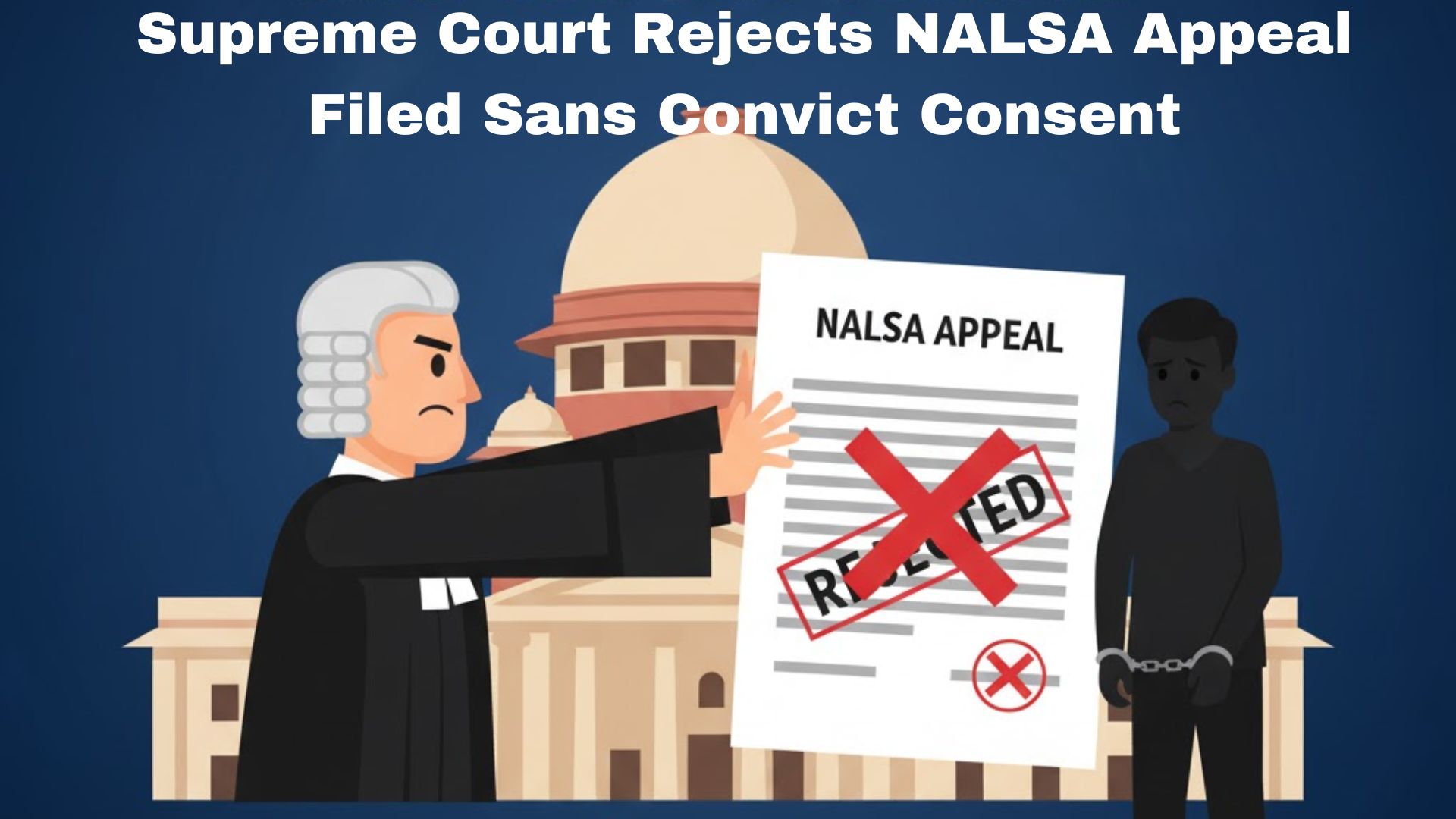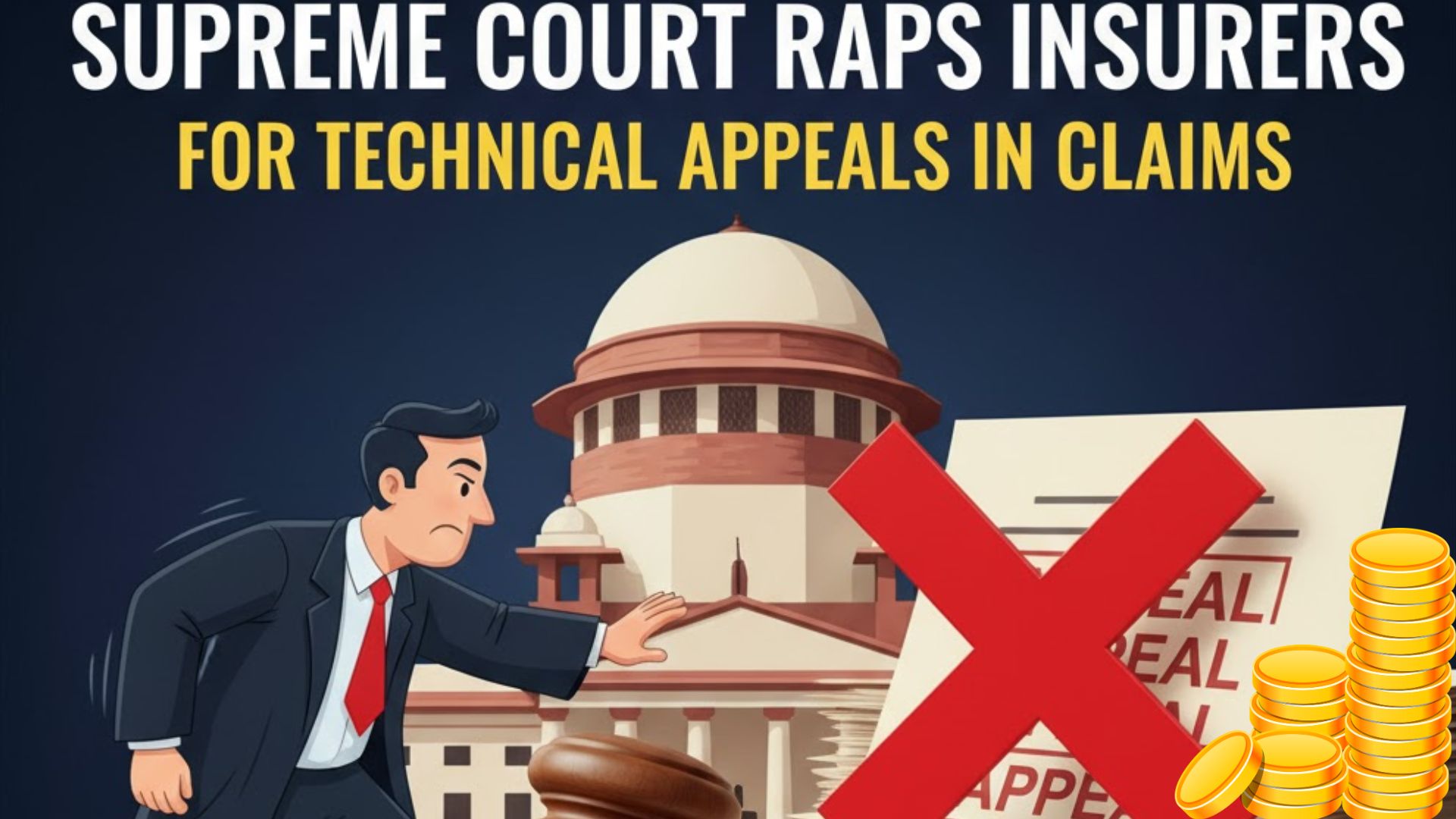@JUDGMENTTAG-ORDER
N.M. Kasliwal, J.@mdashThe accused Arjun Singh alias Bhanwar Singh submitted second bail application u/s 439, Cr. P.C. in case State v.
Bhanwar Singh and Ors. under Sections 302, 201 and 120B, IPC pending in the Court of Additional Chief Judicial Magistrate, District (CBI),
Jaipur.
2. The said application came up for consideration before a learned single Judge, Hon�ble M. B. Sharma, J. by his order dated May 15, 1986,
requested Hon''ble the Chief Justice to constitute a larger Bench to resolve the conflict in view of the difference of opinion in various decisions of
single Benches of this Court. M. B. Sharma, J. formulated the following points of reference:
(1) Whether in the total period of 90 days or 60 days as provided in Section 167 Sub-section (2), Proviso (a)(i) and (ii), the date of arrest is to be
included or excluded?
(2) Whether in a case a challan is filed on the 91st day of the arrest and the cognizance of the offence has been taken against the accused and he is
remanded to the judicial custody u/s 309, Cr. P.C. whether the accused is still entitled for bail u/s 167(2), Cr. P.C?
(3) How the period of 90 days or 60 days in the Proviso (i) and (ii) of Sub-section (2) of Section 167, Cr. P.C. will be computed, whether 24
hours are to be taken into consideration to count the days or fraction of a day shall also be taken into consideration?
3. Hon''ble the Chief Justice constituted a Division Bench for answering the above mentioned points of reference and as such the matter came up
for hearing before us.
4. In order to appreciate the controversy, it would be proper to briefly state the facts of the case.
5. On April 3,1985, Shri Raghunath Singh submitted an FIR to Superintendent of Police, Jaipur. On this report case No. 169/85 was registered
under Sections 302 and 201, IPC and forwarded to the Deputy Superintendent of Police, Police Station, Bani Park, Jaipur for investigation. The
Police submitted a final report No. 81/85 on September 24, 1985. Shri Raghunath Singh had also addressed a letter to Hon''ble Justice G. M.
Lodha on April 3, 1985. This letter was treated as a writ petition and registered as S.B. Civil Writ Petition No. 1189/85. The matter came up for
consideration before HonTjle Justice S.N. Bhargava on November 6, 1985. Bhargava, J. by his order dated November6,1985,directed the CBI
to investigate the matter and the State Government was also directed to take proper steps in this connection. It was also directed that the CBI
should submit a report in the matter within two months. As nothing happened in the matter during this period, Raghunath Singh moved an
application before this Court on January 7, 1986, for taking contempt proceedings against the officers concerned. After hearing the Government
Advocate, Bhargava, J. on January 17, 1986, directed the Superintendent of Police, CBI, Jaipur, to investigate the case and submit his report
within two months. Under these circumstances, CBI registered case No. 5 on January 27,1986 under Sections 302 and 201, IPC and arrested the
accused-applicant. The police after the arrest of the applicant kept him in police custody for 14 days and thereafter he was sent in judicial custody.
The CBI then submitted a charge-sheet on April 28,1986. An earlier application for bail submitted by the petitioner was dismissed by the
Additional Chief Judicial Magistrate by his order dated February 11, 1986, and also by the Sessions Judge, Jaipur District by order dated March
15, 1986. The petitioner then approached this Court and the said application was dismissed on April 17, 1986 with the remark that after the
charge-sheet is filed the accused may approach this Hon''ble Court. In these circumstances this second bail application has been submitted by the
petitioner on May 8, 1986, after filing of the challan on April 28, 1986.
6. An argument was raised before the learned single Judge that the charge-sheet had been filed on 91st day of the arrest and the period of 90 days
has to be calculated from the day of arrest and as such the petitioner is entitled for bail u/s 167(2), Proviso (a) (i) of Cr. P.C.
7. There was conflict of opinion between various decisions of this Court as well as , various High Courts in India. The controversy : is now set at
rest by a recent decision of their Lordships of the Supreme Court in Chaganti Satyanarayana and Others Vs. State of Andhra Pradesh, The direct
controversy is sought to be raised in the case before us, has been considered by their Lordships of the Supreme Court in the above case and after
elaborate discussion of all the relevant provisions it has been held as under:
The words used in Proviso (a) ""no Magistrate shall authorise the detention of the accused person in custody"", ""under this paragraph"", ""for a total
period exceeding i.e. 90 days/60 days"". Detention can be authorised by the Magistrate only from the time the order of remand is passed. The
earlier period when the accused is in the custody of a police officer in exercise of his powers u/s 57 cannot constitute detention pursuant to an
authorisation issued by the Magistrate. It, therefore, stands to reason that the total period of 90 days or 60 days can begin to run only from the
date of order of remand.
It has been further held in the above case as under:
Thus in any view of the matter i.e.. construing Proviso (a) either in conjunction with Sub-section (2) of Section 167 or as an independent
paragraph, we find that the total period of 90 days under Clause (i) and the total period of 60 days under Clause (ii) has to be calculated only from
the date of remand and not from the date of arrest.
It has been further observed in the above case as under:
Since we have held that in whichever way Proviso (a) is construed i.e. with reference to Section 167(2) or without reference to it the periods of 90
days and 60 days prescribed by the Legislature can be reckoned only from the date of remand the distinction sought to be made between the
decisions rendered prior to Amendment Act 45 of 1978 and subsequent to it does not have much of significance.
The question referred to us having already been decided by the Hon''ble Supreme Court, it is not necessary for us to discuss the case law cited
before us.
8. In the result, questions referred to above are answered in the following manner:
Ques. No. 1 - In the total period of 90 days or 60 days as provided in Section 167(2), Proviso (a)(i) and (ii), the date of arrest has to be
excluded.
Ques. No. 2 - In a case where challan is filed on the 91st day of the arrest and the cognizance of the offence has been taken against the accused
and he is remanded to judicial custody u/s 309, Co P.C., the accused is not entitled for bail u/s 167(2), Cr. P.C.
Ques. No. 3 - In computing the period of 90 days or 60 days in sub-clause (i) and (ii) of Clause (a) of Proviso to Sub-section (2) of Section 167,
Cr. P.C. the fraction of a day shall be counted as a day. Even if the fraction of a day is counted as one day, it shall not make any difference as the
total period of 90 days or 60 days can begin to run only from the date of order of remand and so far as the time taken from arrest till the
production of the accused for remand shall be governed by the provisions of Section 57, Cr. P.C. and such period will have to be excluded from
the period provided u/s 167, Cr. P.C.
The case may now be sent back to the learned single Judge for disposing of the bail application according to law.

